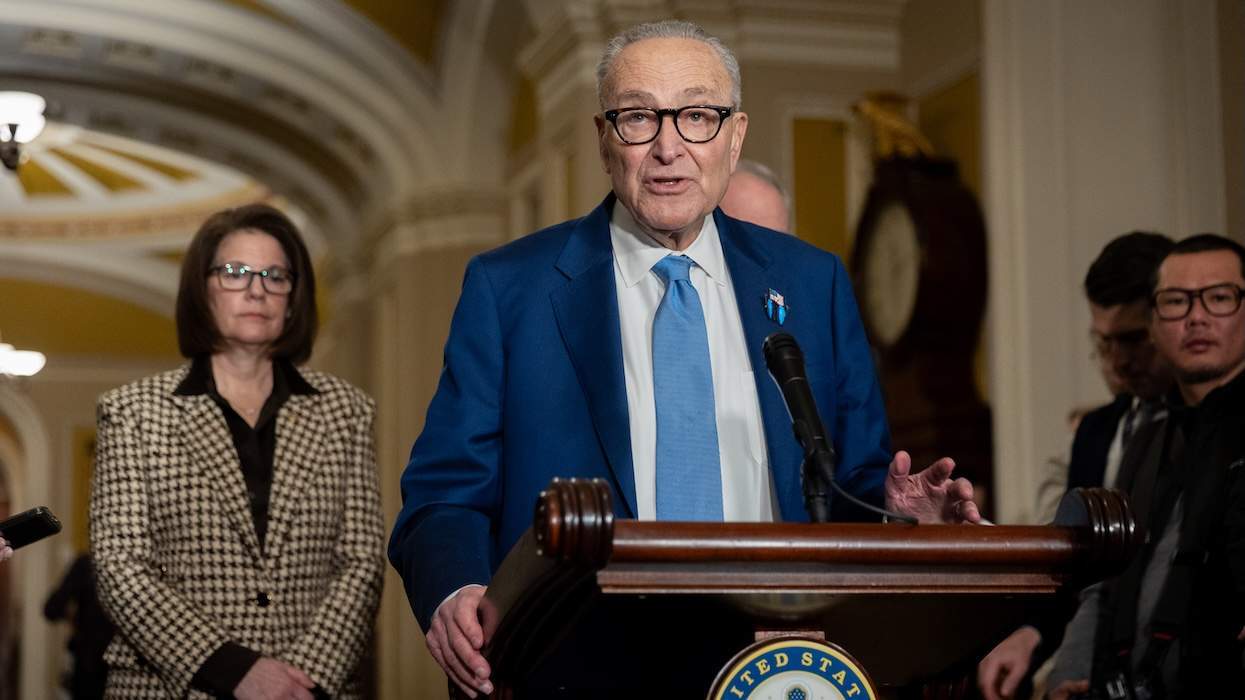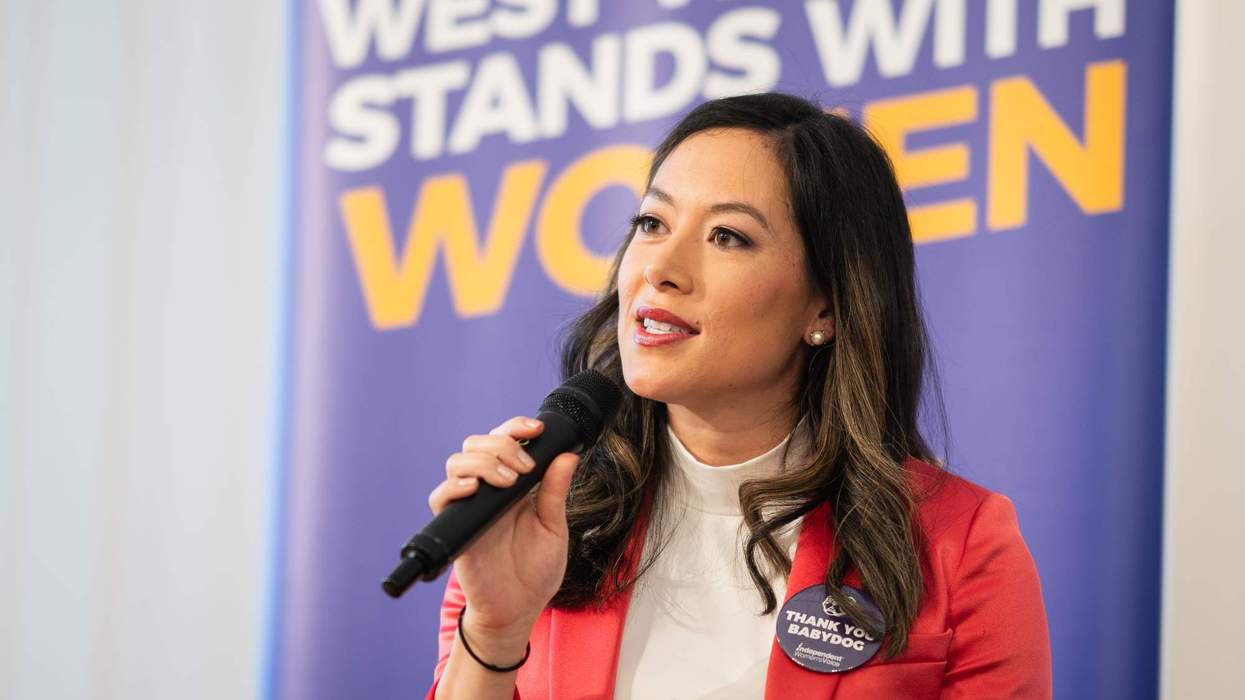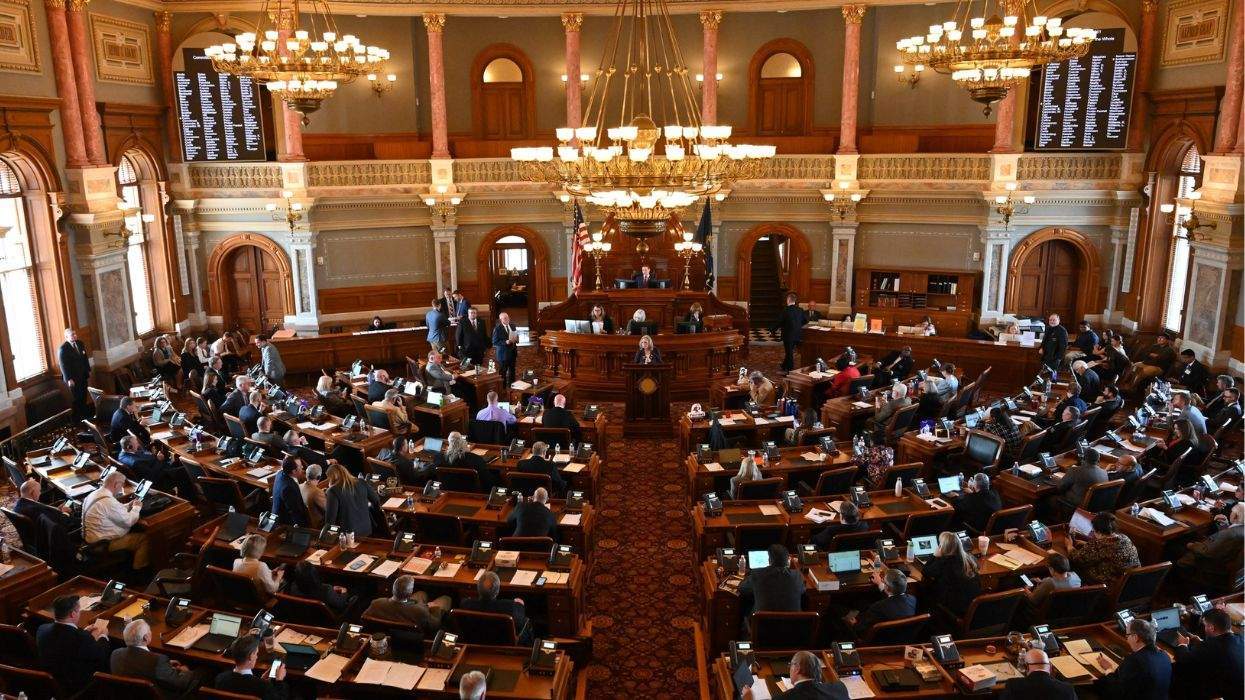The Centers for Medicare and Medicaid Services issued a new hospital visitation rule Wednesday that allows patients to designate their own visitors during a hospital stay, including their same-sex partners.
The new regulation, which will apply to any hospital that participates in Medicare or Medicaid, will go into effect approximately 60 days from tomorrow, when the it is likely to be posted in the Federal Register.
"Basic human rights -- such as your ability to choose your own support system in a time of need -- must not be checked at the door of America's hospitals," said the Department of Health and Human Services secretary Kathleen Sebelius. "Today's rules help give 'full and equal' rights to all of us to choose whom we want by our bedside when we are sick, and override any objection by a hospital or staffer who may disagree with us for any non-clinical reason."
The rule change is the result of a directive that President Barack Obama gave to HHS in April after hearing stories of people who were denied access to their same-sex partners during the critical and, in some cases, final hours of their lives.
Hospitals will be required to have written policies and procedures detailing visitation rights and the specific circumstances under which a hospital can restrict access based on reasonable clinical needs. Hospitals must also inform incoming patients of their right to choose their visitors, regardless of whether the visitor is a family member, a spouse, a domestic partner (including a same-sex domestic partner), or other type of visitor, as well as their right to withdraw such consent to visitation at any time.
Ken Choe, deputy general counsel at HHS, said no documentation will be required to prove any particular kind of relationship. Patients need only give an oral designation of whom they wish to permit access to, a designation that can also be revoked at any point during their stay.
If a patient enters the hospital unconscious, Choe said complications with access would only arise if two people claimed to be the person who should be making visitation decisions on the patient's behalf. In that case, hospitals would be allowed to ask for documentation in order to determine who should be allowed access to the patient.
Choe said complaints can be lodged against hospitals believed to be out of compliance in several ways. All hospitals must have a formalized internal grievance process, and people can also report hospitals to their state's Survey and Certification Process, which governs Medicare and Medicaid participation. Medicare beneficiaries can also take their concerns to Quality Improvement Organizations (QIOs) in every state.















